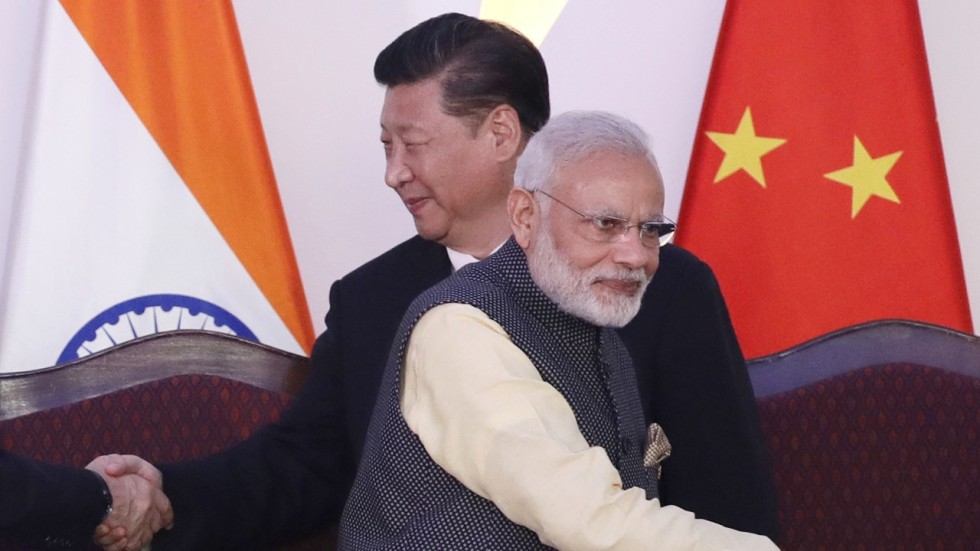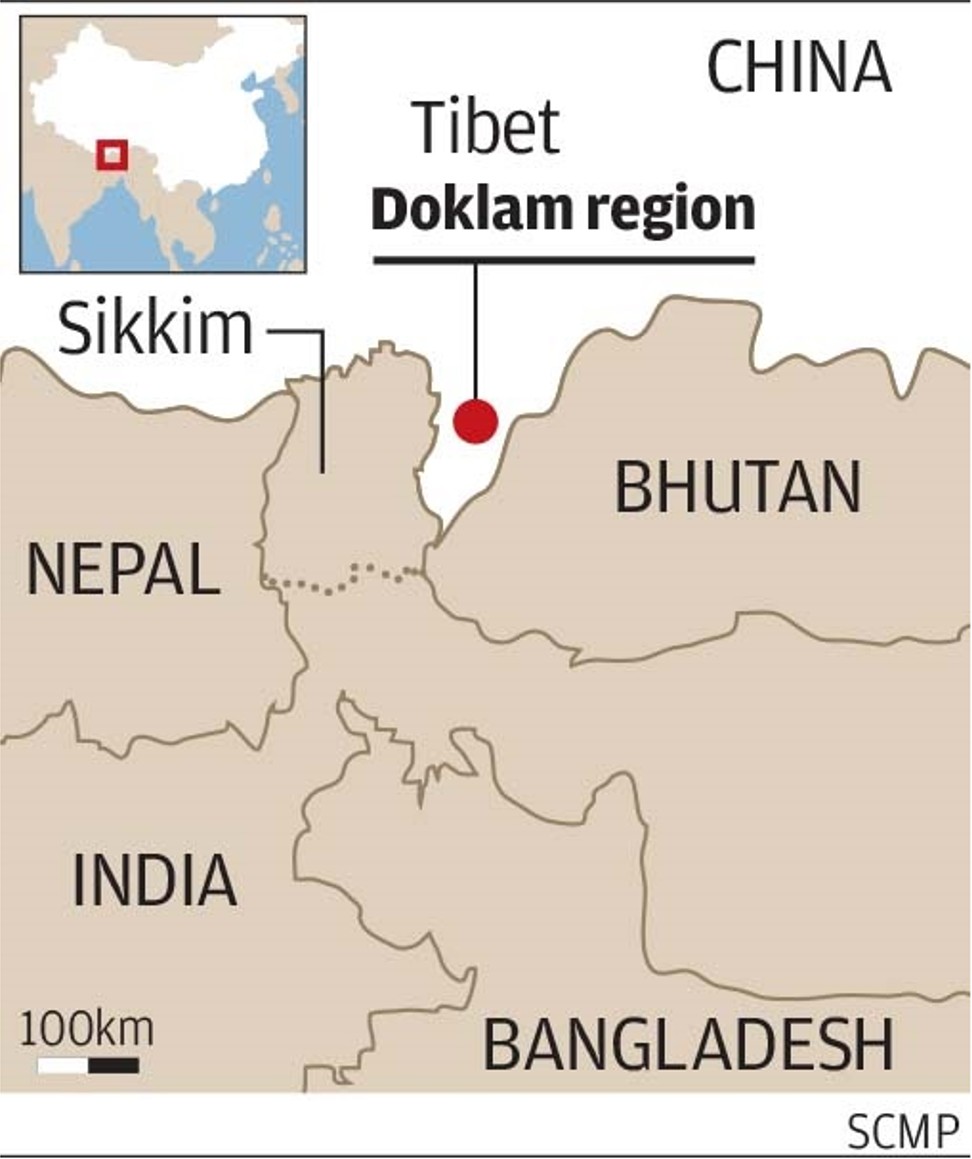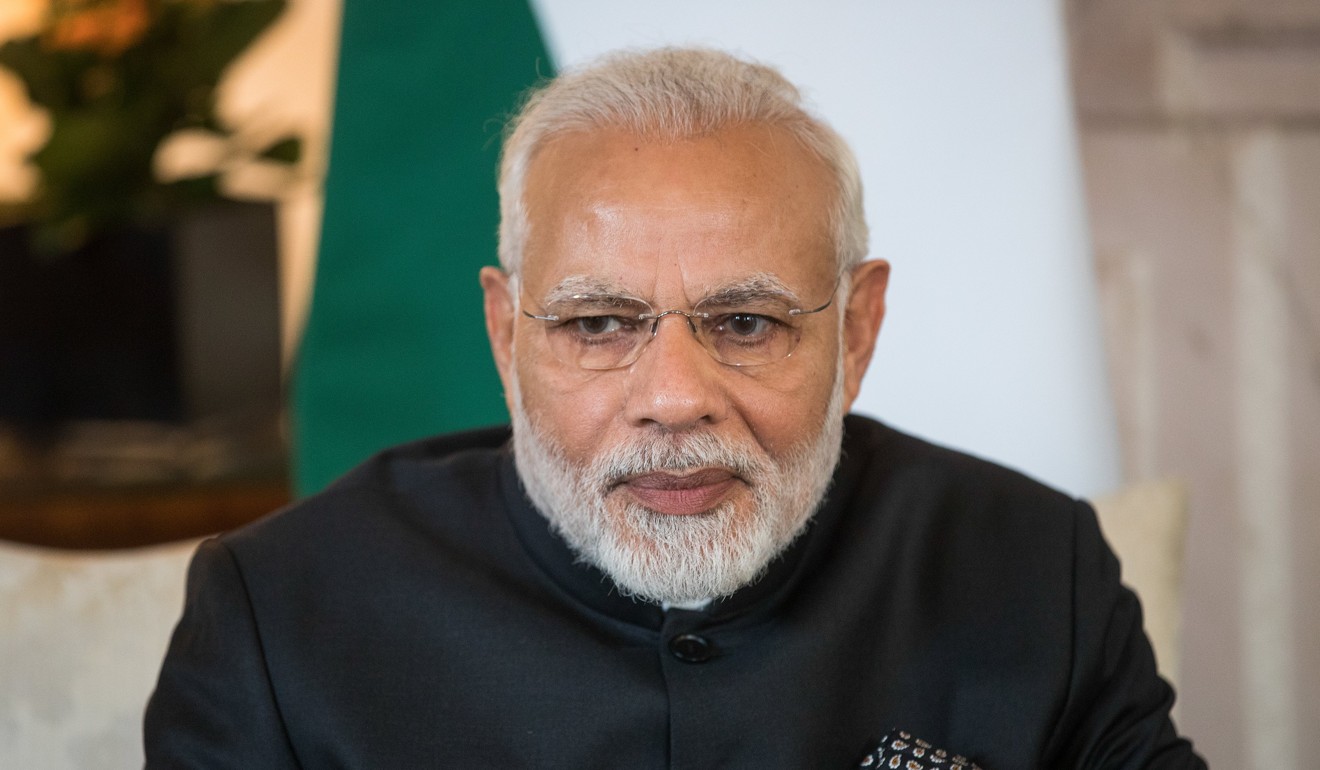 China will be keen to woo India away from a US alliance against Beijing when Indian Prime Minister Narendra Modi meets Chinese President Xi Jinping for informal talks in Wuhan this week, diplomatic observers said. The two days of talks starting on Friday come as China faces threats of US trade action and India seeks to put its economic development on track ahead of an election next year. It also comes nearly a year after military personnel from both countries faced off for 73 days over a contested border in the Doklam Plateau in the Himalayas.
China will be keen to woo India away from a US alliance against Beijing when Indian Prime Minister Narendra Modi meets Chinese President Xi Jinping for informal talks in Wuhan this week, diplomatic observers said. The two days of talks starting on Friday come as China faces threats of US trade action and India seeks to put its economic development on track ahead of an election next year. It also comes nearly a year after military personnel from both countries faced off for 73 days over a contested border in the Doklam Plateau in the Himalayas.
Border tensions remain, with the Indian Air Force recently completing its biggest combat exercise along its frontiers with China and Pakistan.
On Monday, Chinese Foreign Minister Wang Yi also assured his Pakistani counterpart Khawaja Asif that China would continue to support Islamabad and major infrastructure projects destined for disputed parts of Kashmir.
But observers said Modi and Xi had strong reasons to find common ground.
Srikanth Kondapalli, a professor at Jawaharlal Nehru University, said Beijing was concerned about India’s growing cooperation with the United States, including last year’s announcement to revive the Quadrilateral Security Dialogue, or Quad, talks that also include officials from Australia and Japan.
“Whenever China feels that US-India relations are improving, China does some kind of signalling, and calls for ‘multipolarity’ to counter the United States’ ‘unipolar’ position,” he said.

Renmin University international relations professor Shi Yinhong said the talks were part of a broader effort to improve bilateral relations.
“This is part of the ongoing reconciliation in bilateral ties between China and India since August when the two countries agreed to end the stand-off at Doklam,” Shi said.
Modi and Xi last met in September and are expected to do so again on the sidelines of a Shanghai Cooperation Organisation meeting in Qingdao in June.
This time, though, Beijing is scrambling for ways to deal with Washington’s threats of hefty tariffs on Chinese products and bans on US exports to Chinese technology company ZTE.
Du Youkang, director of Fudan University’s Pakistan Study Centre, said the main goal of the meeting was to ensure a stable future partnership between China and India, particularly amid the uncertainty of trade and diplomatic ties with Washington.
Mohan Guruswamy, a distinguished fellow at the United Service Institution of India in New Delhi, said China “needs friends badly”.
“China has much to gain with the development of economic relations with India”, especially from a growing export economy, he said.
But Madhav Nalapat, a professor of geopolitics at Manipal University, said Modi also needed to gain support at home ahead of next year’s election.
“Modi is facing an election in 2019 and is looking to strengthen his legacy. For both, a warming after nearly six decades of frost between Delhi and Beijing would represent a historic achievement that would benefit both countries substantially,” he said.
Additional reporting by Laura Zhou
No comments:
Post a Comment